In our last column, we introduced the fundamental challenges facing industry as it works to improve food safety. Some of the greatest challenges when it comes to food safety are driven by basic economics. This is because improving food safety, in most cases, costs money.
Unless everyone in the industry is investing in the same food-safety systems, those companies that spend more money will (at least in the short term) face a substantial competitive disadvantage when compared to those companies that do not. Moreover, companies that search aggressively for and then find pathogens will, in most cases, face more governmental scrutiny than those that do not.
So, what can we do about it? As I mentioned last month, industry really needs additional help from an economic and regulatory standpoint.
FSIS can start by reconsidering its new, soon to-be-announced rules that reportedly will require all processing companies, without exception, to place validated cooking instructions (designed to address harmful pathogens) on mechanically tenderized steaks. Unfortunately, if enacted as proposed, the new rules would actually create a disincentive for food safety.
Indeed, not all processors are created equal. Requiring all processors to carry the same validated cooking instructions (thus passing their own exposure to end-users downstream) could create significant disincentives for more companies to invest in new interventions designed to actually eliminate pathogens.
In my view, the solution lies in crafting the new rules so that processors will be exempted from the labeling requirements if they employ a validated intervention designed to address the risk. If this could be accomplished, the large restaurant chains (the real drivers in the market) would invariably move toward and embrace products that: (1) are subjected to those interventions; and (2) as a result, exempted from the new cooking labels and requirements.
Government should also consider tax incentives for testing and finding pathogens in food. Indeed, testing for (and then finding) pathogens can be very expensive. This is because establishments that test raw products are required to divert positive product to cooking or rendering. Common sense tells us that the harder companies test, the more pathogens they will find, the more product they will divert and the more revenue they will lose. This, of course, creates a significant disincentive to test and find.
So, is there a better way? I think so. For starters, I would counsel FSIS to reward (not punish) companies that aggressively test to find pathogens in their products. Next, I would urge legislators to expand existing tax incentives (there are already some) for testing, research and quality control.
Finally, I would lobby for the creation of meaningful tax credits that would extend to any products affected by contamination and then diverted from their original intended use.
These, of course, represent just a few ideas to chew on.
In the end, we all know where we need to go - the problem is, we just need a few, extra incentives for everyone to get there.
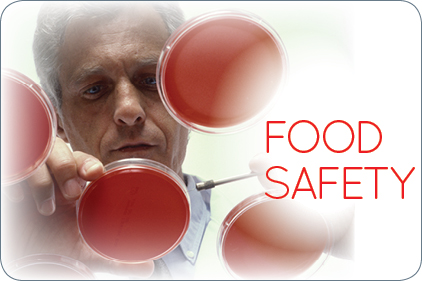

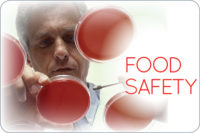
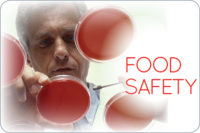
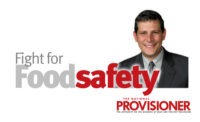

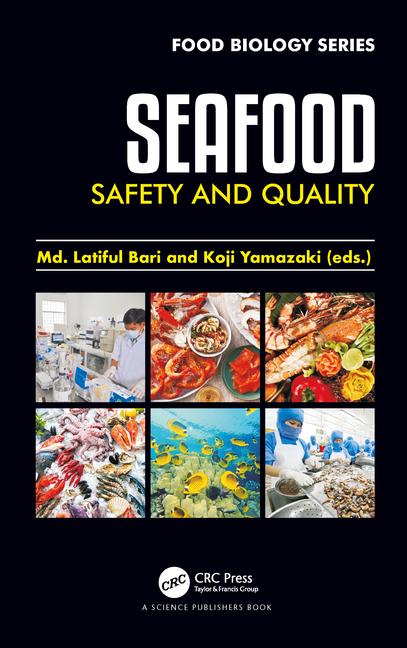
Report Abusive Comment